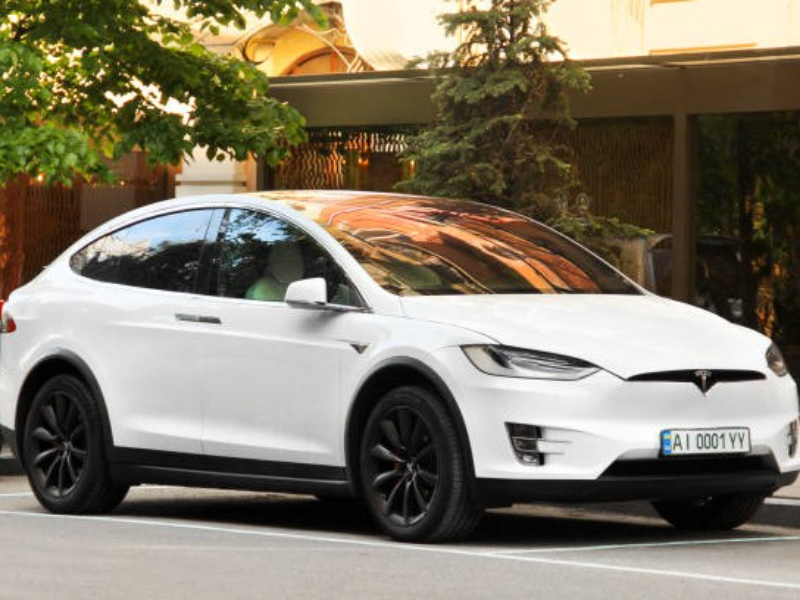- Tesla is recalling 9,100 Model X SUVs due to roof trim pieces that may detach, following a similar recall in 2020.
- Tesla, which typically addresses issues via software updates, has issued nearly 2.6 million recalls this year, second only to Ford.
OUR TAKE
Tesla’s frequent recalls, including the latest for 9,100 Model X SUVs over a roof trim issue, reveal troubling quality control gaps. While focused on futuristic projects, Tesla may be neglecting basic vehicle safety. This raises concerns about whether the brand’s innovation is overshadowing its commitment to reliable, safe cars.
–Jasmine Zhang, BTW reporter
What happened
Tesla has issued a recall for approximately 9,100 Model X SUVs in the U.S. due to roof trim pieces that may detach and create a road hazard. This recall, affecting 2016 models, follows a similar issue addressed in 2020.
The National Highway Traffic Safety Administration noted that the trim may lack proper adhesion due to a supplier process change in July 2016. Tesla will reattach the trim at no cost to owners, acknowledging that the previous recall remedy wasn’t robust enough. Despite 170 related reports, no crashes or injuries have been linked to the issue.
Tesla, which often resolves issues via software updates, has recalled nearly 2.6 million vehicles this year, trailing only Ford. This recall also follows a recent recall of the Cybertruck model.
Also read: Tesla’s Cybertruck price adjustments and delivery updates
Also read: Tesla reports lowest profit margin in over five years
Why it’s important
Tesla’s latest recall of 9,100 Model X SUVs over a recurring roof trim issue exposes a glaring weakness in the company’s quality control, one that’s increasingly difficult to ignore. For a brand that’s built its reputation on innovation and cutting-edge technology, the frequency of these recalls—especially for issues that were supposedly fixed years ago—is deeply troubling.
Tesla’s reliance on over-the-air software updates has been touted as a game-changer, but when it comes to physical defects, the company seems less equipped to handle the basics.
The fact that a cosmetic trim piece can cause such a significant safety concern raises a broader question. Is Tesla too focused on futuristic ambitions, like the Cybertruck, to adequately address the here-and-now realities of vehicle safety? At what point does the allure of Tesla’s brand begin to fade under the weight of these repeated, avoidable issues? Elon Musk’s empire might be teetering on a fine line between visionary and reckless.

